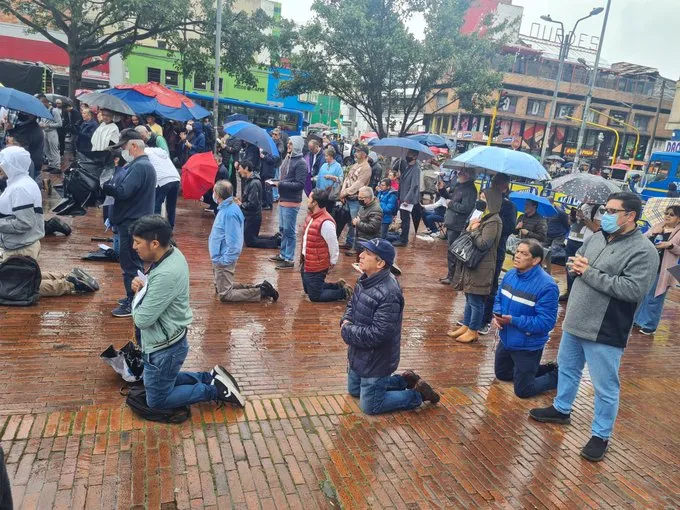
London, Canada, Feb 9, 2018 / 07:00 am (CNA/EWTN News).- A Canadian bishop announced that the Diocese of London, Ontario, would protest new requirements for government grants that require organizations to profess the government’s view on topics like abortion rights and gender identity.
“I believe that we need to take a stand against the position of the government of Canada and say that we will not be bullied into even the appearance of collusion on this issue,” Bishop Ronald Fabbro of London, Ontario said in a Feb. 5 letter to 118 parishes within his diocese. “While others may take an alternative path, we can make a powerful statement by saying ‘no’ to the conditions as set down by the government.”
The bishop said he has decided that the Diocese of London will not apply for or accept any money from the Canada Summer Job Grants program
The program has funded an estimated 70,000 summer jobs for secondary school or college students, granting organizations the money for positions like camp counselors or landscapers. London-area organizations alone received nearly $4 million through the program last year.
https://www.catholicnewsagency.com/news/pro-life-canadians-concerned-by-trudeaus-abortion-ideology-litmus-test-29646
Under the grant application’s new clause, non-profits and for-profit organizations must check a box professing their consistency with to Canada’s Charter of Rights and Freedoms, relevant case law, and the Canadian government’s commitments to the human rights it recognizes. These include “women’s rights and women’s reproductive rights, and the rights of gender-diverse and transgender Canadians.”
According to Bishop Fabbro, this would require professing support for legal abortion.
“Ironically, expecting such an attestation to get a job grant is in violation of some of the rights that are actually found in the Charter, while some of the contentious positions espoused by the Government are not,” said the bishop, asking the government to remove the clause.
The bishop asked the government to remove or change the attestation, calling it “a regrettable infringement of freedom of conscience and religion, of thought and belief, of opinion and expression, as guaranteed in the Charter.”
In a speech last month, Canada’s Prime Minister Justin Trudeau defended the new requirements, asserting that the stance of pro-life groups against abortion is “not in line with where we are as a government and, quite frankly, where we are at as a society.”
The government has announced that it will not change the grant application, though it extended the deadline for grant applications from Feb. 2 to Feb. 8, CBC News reported.
“Without this program, many wonderful opportunities could be lost,” Bishop Fabbro lamented.
He encouraged a special collection in the diocese throughout February, hoping Catholics can raise the $35,000 necessary for upcoming summer programs.
There are about 440,000 Catholics in the Diocese of London.
If you value the news and views Catholic World Report provides, please consider donating to support our efforts. Your contribution will help us continue to make CWR available to all readers worldwide for free, without a subscription. Thank you for your generosity!
Click here for more information on donating to CWR. Click here to sign up for our newsletter.





Leave a Reply